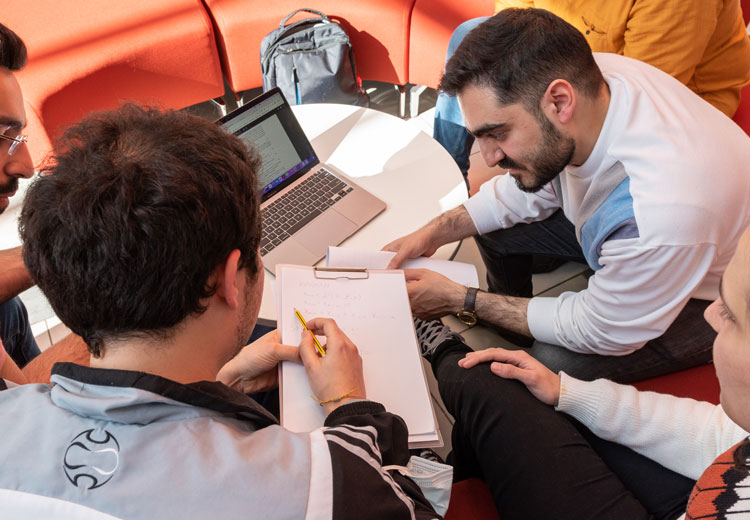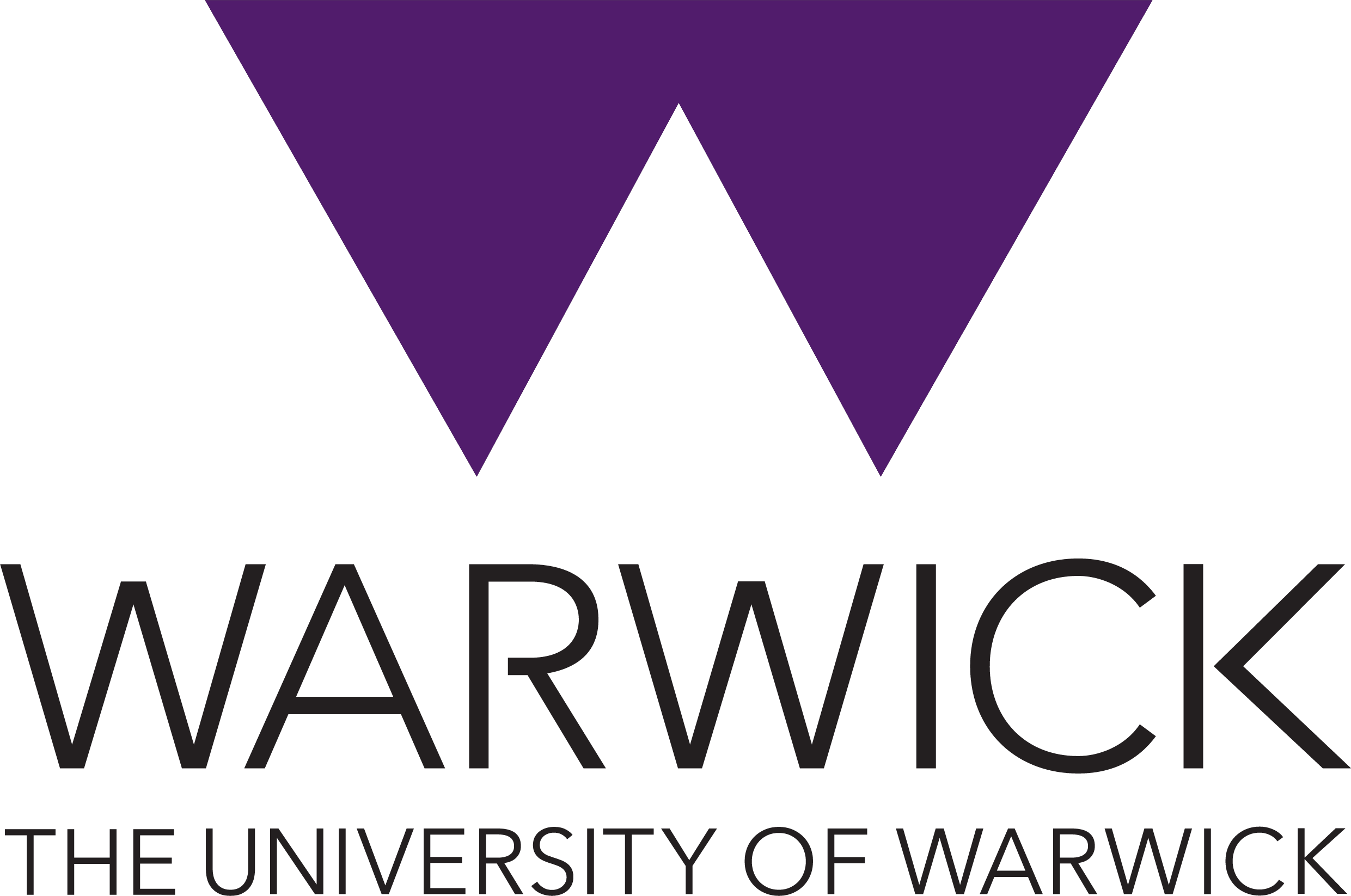The University of Warwick is empowering researchers through a dynamic research culture

Sponsored by

The new National Centre for Research Culture at The University of Warwick aims to set the standard for research culture across the UK by working collectively and sharing best practice
“A positive research culture and inclusive environment are essential to nurturing and retaining the best talent. UK research institutions need to focus on improving their research culture in order to achieve this,” says Caroline Meyer, pro vice-chancellor for research at The University of Warwick.
The university’s newly launched National Centre for Research Culture is initiating dialogues with other institutions and partner organisations on best practice in research, with a view to enhancing research culture across the UK.
“We need to improve the experience for our researchers and collaborators,” Meyer explains. “At the moment, there are several barriers that detract from making research one of the most rewarding career paths. I’m trying to make The University of Warwick the place to be for outstanding research, but it’s actually about the country as a whole because we need to attract new talent to the UK more broadly.”
When Meyer assumed the role of pro vice-chancellor for research in 2021, she was keen to understand the research challenges at the university and address potential obstacles to overcome them. She set up the Research Culture Forum to discuss barriers and a Research Operations Group to streamline processes, consisting of the heads of legal services, finance, research impact services, human resources and learning and development.
Working in conjunction with Warwick’s community of researchers and research enablers, her team was able to identify the obstacles in areas such as researcher training and international partnership, and proactively found solutions to improve them. With funding from Research England, the university has supported around 40 community-led research projects to improve research culture at the institution.
For example, a project spearheaded by James Burford and Emily Henderson from the Department of Education Studies, sought to clarify the pre-application process for doctoral applicants. “In many disciplines, students and staff engage in email communication prior to formal admissions. Our project asked academics and administrators what’s going on in their inboxes in order to understand whether there are gatekeeping effects here for minoritised doctoral applicants,” says Burford.
Burford and his team assessed how clearly Warwick’s webpages on postgraduate research admissions outline the pre-application stage and engaged with staff involved in the pre-application process to understand their practices better.
The project identified recommendations for change at both the institutional and departmental levels to simplify the process for potential applicants and ensured that all stakeholders have guidance to apply social inclusion principles to their pre-application communications.
Kirstie Haywood, who is a professor in the Division of Health Sciences and research culture officer Adele Kenny, both based at Warwick Medical School (WMS), co-led a project to develop a roadmap to enhance the research culture at WMS. “Understanding what research culture means across our diverse community, and how it can be enhanced, seeks to ensure that we can all flourish and deliver the best quality, world-leading research that makes a real difference,” says Kenny.
The project drew on conversations with researchers, research enablers and students to understand their perspectives on research culture and to shape a future vision for WMS. Kenny adds that the roadmap is “a living document that will continue to evolve in response to the needs, experiences and feedback from our community”.
Haywood led an initiative called the Beacon Academy to provide internships to people from underrepresented backgrounds, including women, ethnic minorities, LGBTQ+ and neurodiverse students. The programme has a unique approach where interns, supervisors and internship coordinators co-design a training plan to benchmark progress throughout the internship.
The inspiration behind the National Centre for Research Culture came from a realisation that there is a lack of knowledge-sharing within the broader academic community. “I’m concerned that we reinvent the wheel all the time in higher education,” Meyer says. “Collectively, we have the knowledge; we just want to ensure it is shared effectively and is accessible by all.”
The next step will be to work with the university’s partners, such as the NHS and businesses, to promote a favourable research culture. Meyer hopes that the centre will help foster innovation, conduct studies around research culture and educate the next generation of research leaders.
“The idea is that we have a network of people who can come together and share ideas, and put our research powers behind understanding what makes for an excellent research culture,” concludes Meyer.
Find out more about research at The University of Warwick.